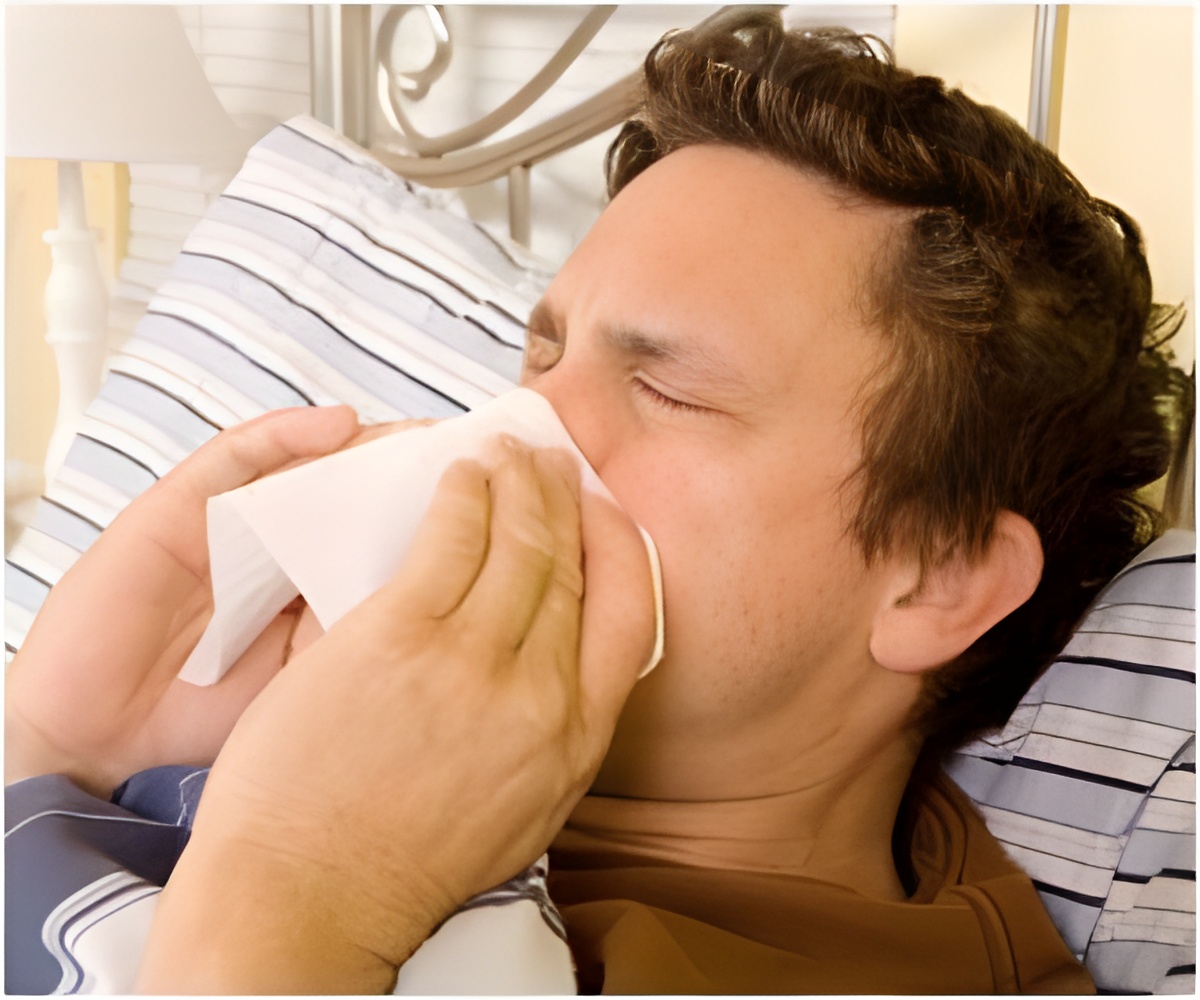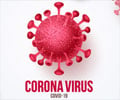Delhi sees COVID-like symptoms surge. Stay safe: practice hygiene, wear masks, and seek medical advice if symptoms persist.

- Over half of NCR residents report viral fever with COVID-like symptoms
- Health officials warn against self-medication, emphasizing timely medical consultation
- Vulnerable groups like the elderly and children are at higher risk
- 9% of respondents reported four or more sick individuals in their household.
- 45% stated that two to three members were experiencing flu symptoms (1✔ ✔Trusted Source
Flu (Influenza)
Go to source). - 36% reported no illness in their household.
- 10% did not provide a clear response.
At-Risk Populations
The following groups are at higher risk:- Elderly individuals (50+ years)
- Children and infants
- People with pre-existing conditions such as asthma, hypertension, diabetes, COPD, or heart disease
- Individuals with weakened immune systems
Experts suggest several factors contributing to the surge:
- Changing Weather: Sudden temperature shifts may weaken immunity, increasing vulnerability to infections.
- High Pollution Levels: Poor air quality in Delhi-NCR is exacerbating respiratory illnesses and flu symptoms.
- New Viral Strains: Mutations in viruses could be leading to more severe or prolonged illnesses.
Preventive Measures to Combat Flu-Like Symptoms
To mitigate the spread and impact of these infections, health authorities recommend:- Vaccination: Obtain seasonal flu vaccines to reduce infection risk.
- Hygiene Practices: Regular handwashing, using sanitizers, and avoiding touching the face can prevent transmission.
- Mask Usage: Wearing masks in crowded or enclosed spaces can reduce exposure.
- Healthy Lifestyle: Maintaining a balanced diet, regular exercise, and adequate sleep strengthens the immune system.
Reference:
- Flu (Influenza) - (https://my.clevelandclinic.org/health/diseases/4335-influenza-flu)
Source-Medindia









